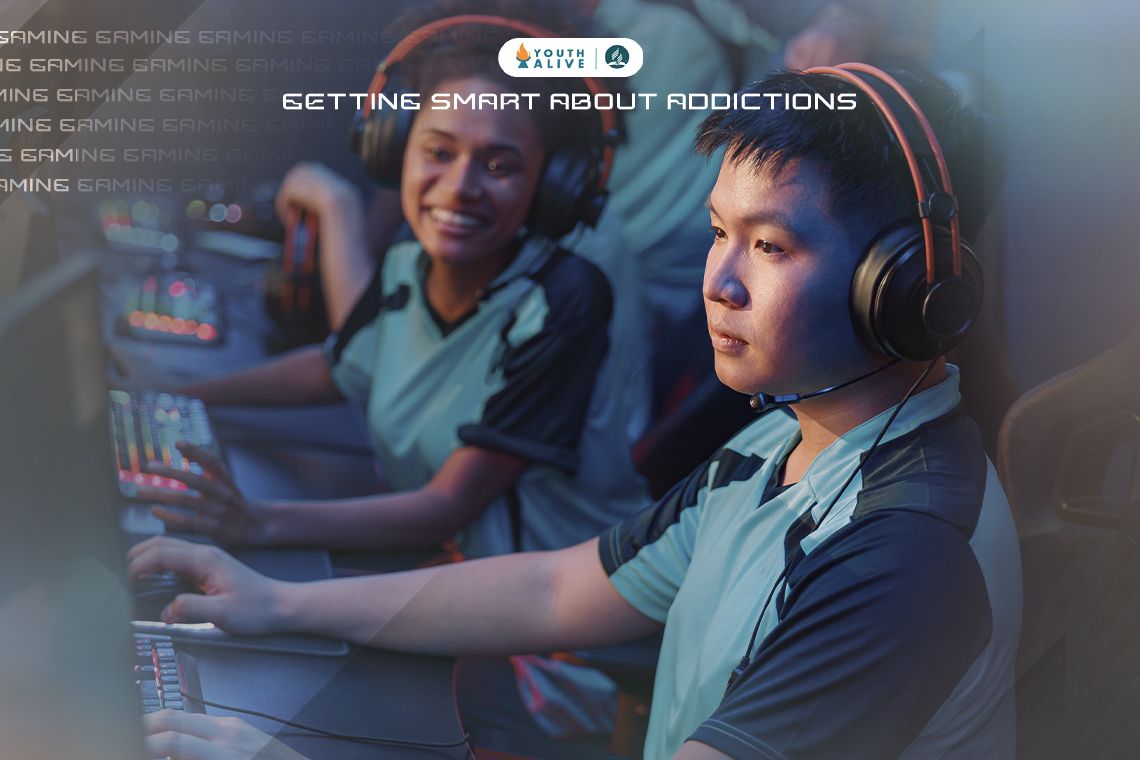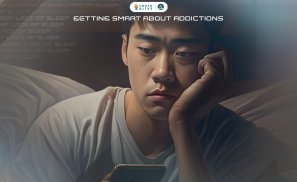The Good and the Bad
Multiplayer digital gaming is more popular and accessible than ever. These games are used to have fun, interact with others virtually, and cope with life’s problems. Multiplayer games provide a sense of community for the user. Some research has found that certain types of games can improve leadership skills. However, when you log off, the game continues without you. This can make you feel like you are missing out.
Consequences of Gaming
Excessive gaming can become a fixation and a way to escape stress. Multi-player digital games are more addictive than other forms of gaming. In fact, it has a name: Internet Gaming Disorder is a diagnosable mental illness. The symptoms include:
- A preoccupation with gaming
- Becoming numb to its use (it doesn’t give you the same thrill as it once did)
- Withdrawal symptoms when not gaming (depressed mood or anxiety)
- Unable to stop playing when you want to
- Using it to escape bad moods
- Hurting significant relationships or losing important opportunities because of gaming
Excessive digital gaming is also associated with higher rates of depression, anxiety, and suicide. In addition, you can worsen your social skills when you spend more time with virtual gaming friends than with real-life friends. This can increase social anxiety, making it even harder to interact with others in person.
What Can You Do?
If you are experiencing any of these symptoms, there is help available. Counselors can help you work through the depression, anxiety, suicidal thinking, social anxiety, and difficulties with excessive gaming. Insurance will pay for counselors as it does for doctors.
Like many other things in life, balance is key. The American Academy of Pediatrics suggests no more than one hour per day on digital gaming platforms on school days and no more than two hours on non-school days. Research has found that more than five hours of gaming a day, even on weekends, can be damaging to a teenager.
Since it is hard to stop once you start, make sure you finish your responsibilities and homework before you start. Then set an alarm so you won’t lose track of time. If you have a hard time sticking to the plan, have a friend or parent hold you accountable. Make sure to stop at least one hour before bed so you have time to relax and wind down so you can sleep better.
There are other ways to cope with everyday stress than gaming. Think about other things that have helped you in the past. Don’t give up on your hobbies, they can help to develop your mind and cope with stressful issues. Add physical activity to your day. Play a pick-up game with friends or run a pre-determined distance instead of or before you sit down to play games. Counselors can help you explore other outlets or hobbies.
Impact of Faith
The Bible says, “All things are lawful, but not all things are beneficial. All things are lawful, but not all things build up” (I Corinthians 10:23 NRSV). Though digital gaming is here to stay and is a part of our culture, it doesn’t mean it is beneficial, especially if used excessively. Make sure to spend time on things that build you up. Spending time praying and reading the Bible will help you grow as a person.
American Psychiatric Association (2013). Diagnostic and Statistical Manual of Mental Disorders 5th
Edition. American Psychiatric Publishing.
Council on Communications, and the Media. (2013). Children, adolescents, and the media. American Academy of Pediatrics. https://publications.aap.org/pediatrics/article/132/5/958/31699/Children-Adolescents-and-the-Media
Hisler, G., Twenge, J.M., & Krizan, Z. (2020). Associations between screen time and short sleep duration among adolescents varies by media type: evidence from a cohort study. Sleep Medicine, 66, 92-102.
Feng W., Ramo D., Chan S., & Bourgeois J. (2017). Internet gaming disorder: Trends in prevalence 1998–2016. Addictive Behaviors, 75, 17–24.
Jang, Y. & Ryu, S. (2011). Exploring game experiences and game leadership in massively multiplayer online role-playing games. British Journal of Educational Technology. 42(4). 616-623.
Loton, D., Borkoles, E., Lubman, D., & Polman, R. (2016). Video game addiction, engagement and symptoms of stress, depression, and anxiety: The mediating role of coping. Int. J. Mental Health Addiction 14,565-578.
Twenge, J.M., Joiner, T.E., Rogers, M.L., & Martin, G.N. (2017). Increases in depressive symptoms, suicide-related outcomes, and suicide rates among U.S. adolescents after 2010 and links to increased new media screen time. Clinical Psychological Science. https://doi.org/10.1177/2167702617723376




























